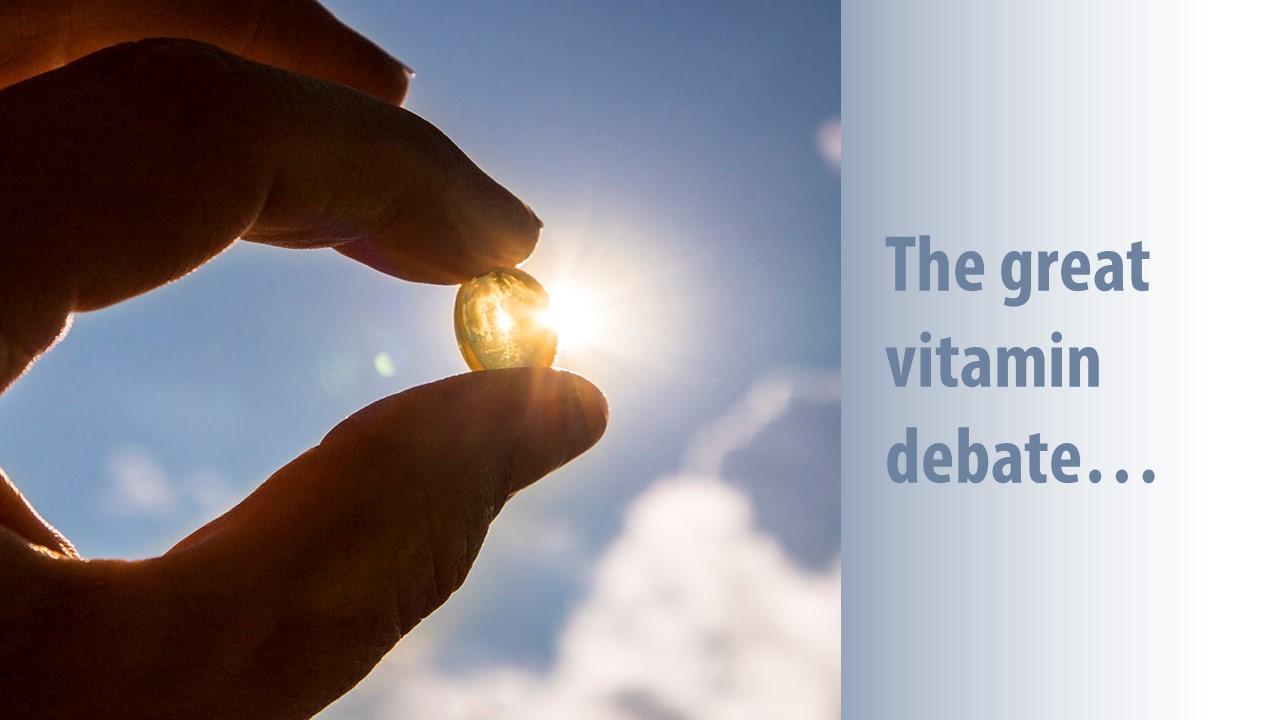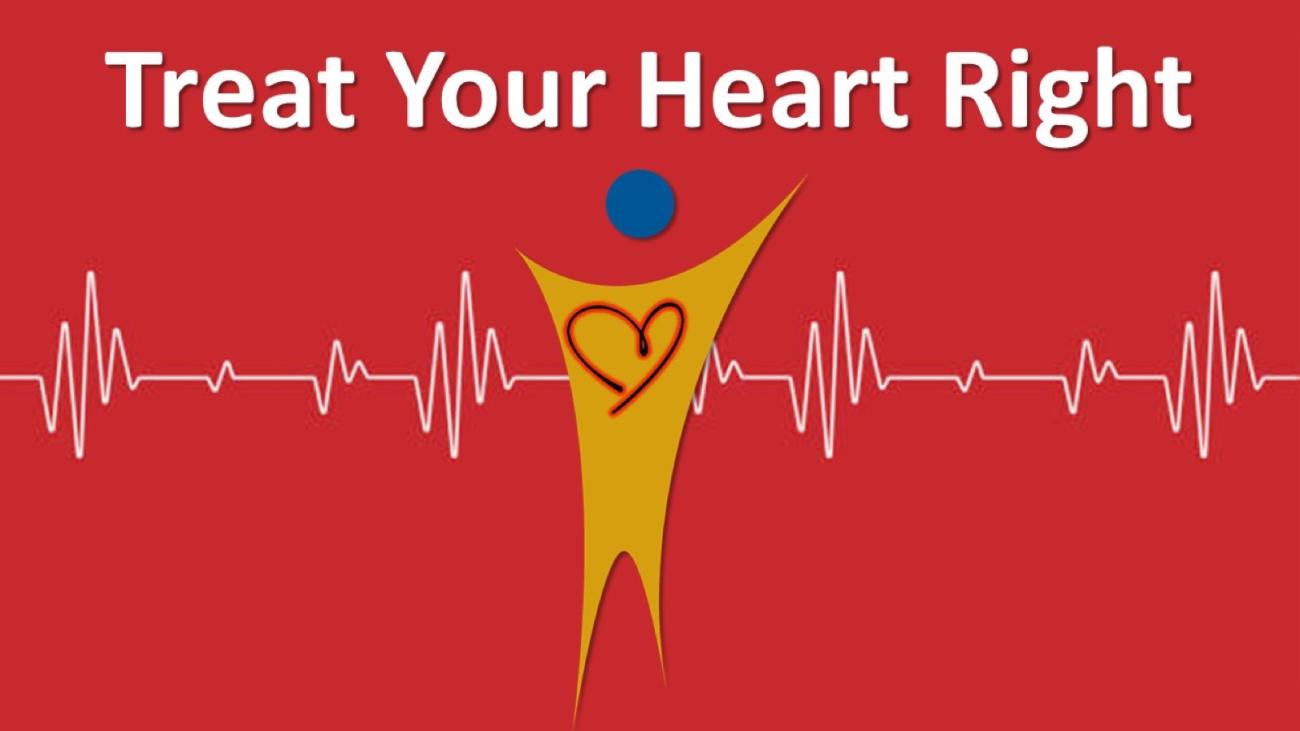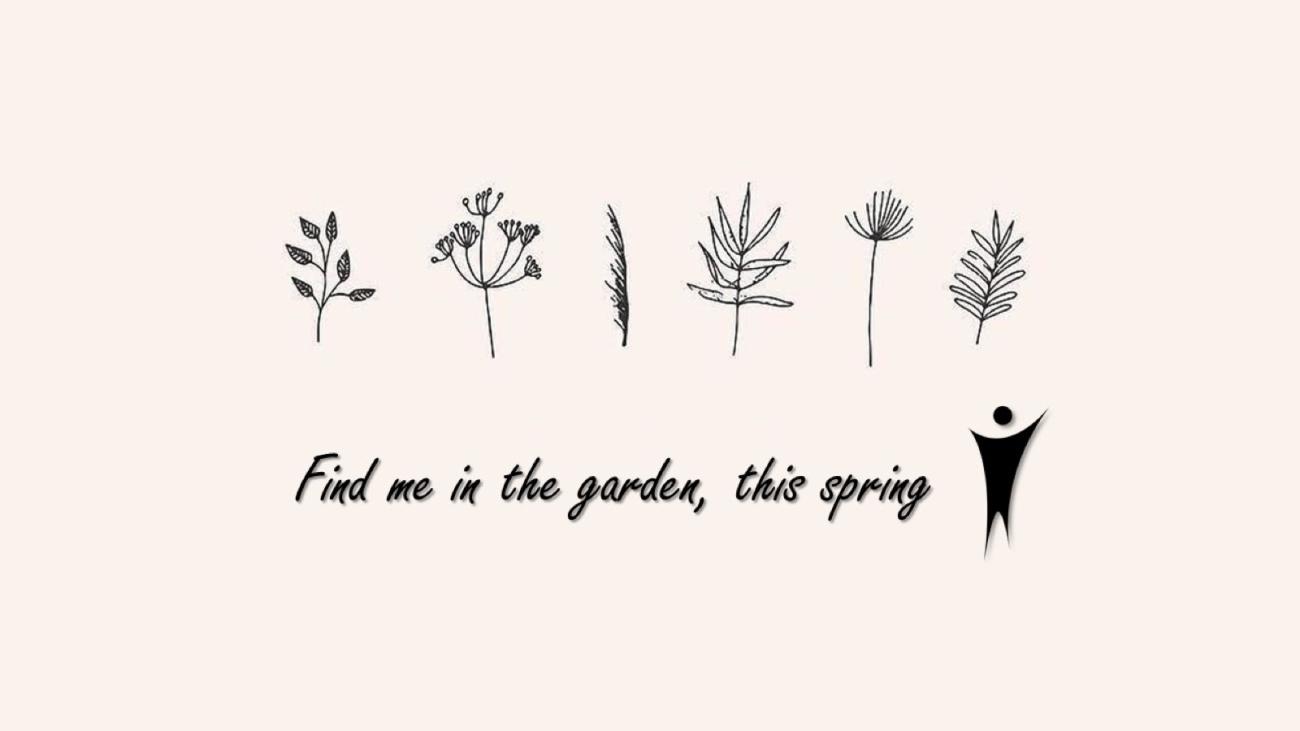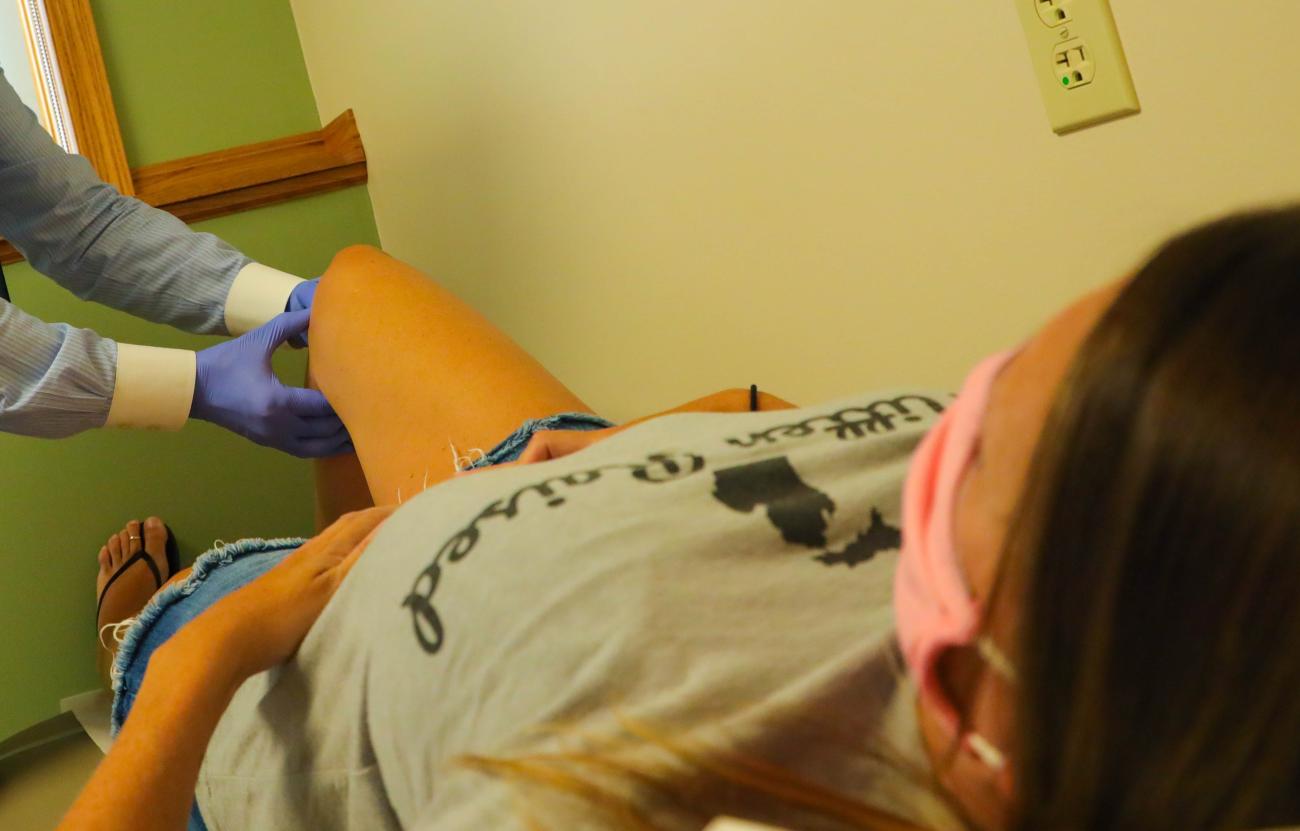
I was all set to write an article detailing the benefits of taking vitamins and minerals. Starting with my fond memories of taking those fruity, flavored Flintstone vitamins as a kid. My mom told me she had to hide them from me because I would try to sneak into them like candy. Which is something we all should take note of – all medicine – including vitamins and supplements, needs to be safely secured away from access to children. But as I began writing, I began to consider the need to adding in vitamins or supplements to my diet.
The facts are that supplements are widely taken with estimates of close to 75% of Americans including them in their wellness regimen. I have several bottles of various ingredients in my kitchen cupboard. You may too. But honestly, I am never that diligent about taking them. I start off with good intent and an interest in boosting my wellness. Then the research just doesn’t bear out the benefit of these usually expensive additions to my diet.
A few things for you to consider as you weigh your own thoughts about adding in vitamins to your wellness routine:
- The U.S. Food and Drug Administration (USDA) has no oversight for vitamins and supplements. If you take out a magnifying glass you can just make out this disclaimer on most of the bottles. That means some of the claims made by the manufacturers in this multi-billion-dollar business are not necessarily backed by provable testing.
- The best way to get your daily vitamin and mineral needs is from a healthy, balanced diet. When we get these in a more natural form by following a healthy diet, we not only get what we need but also benefit from the fiber and macronutrients of whole foods.
- In a recent study, researchers from Johns Hopkins University analyzed findings involving nearly half a million people, concluding that multivitamins don’t reduce risk for heart disease, cancer, cognitive decline or an early death. The exception being supplemental folic acid for women of child-bearing potential.
Here is where I will add my common refrain, talk to your healthcare provider, including a pharmacist, about how vitamins or supplements might interact with your current medications or specific wellness needs. As much as many of us can appreciate an ‘easy button,’ pills are not a shortcut to better health and the prevention of chronic disease.
So, for now, I will probably keep the bottles in the cupboard and add a couple salads to my diet each week!
Eaton Proud. Sparrow Strong. Mitten Made.
Helen Johnson, RN, MSN, NEA-BC, FACHE
Sparrow Eaton Hospital President




